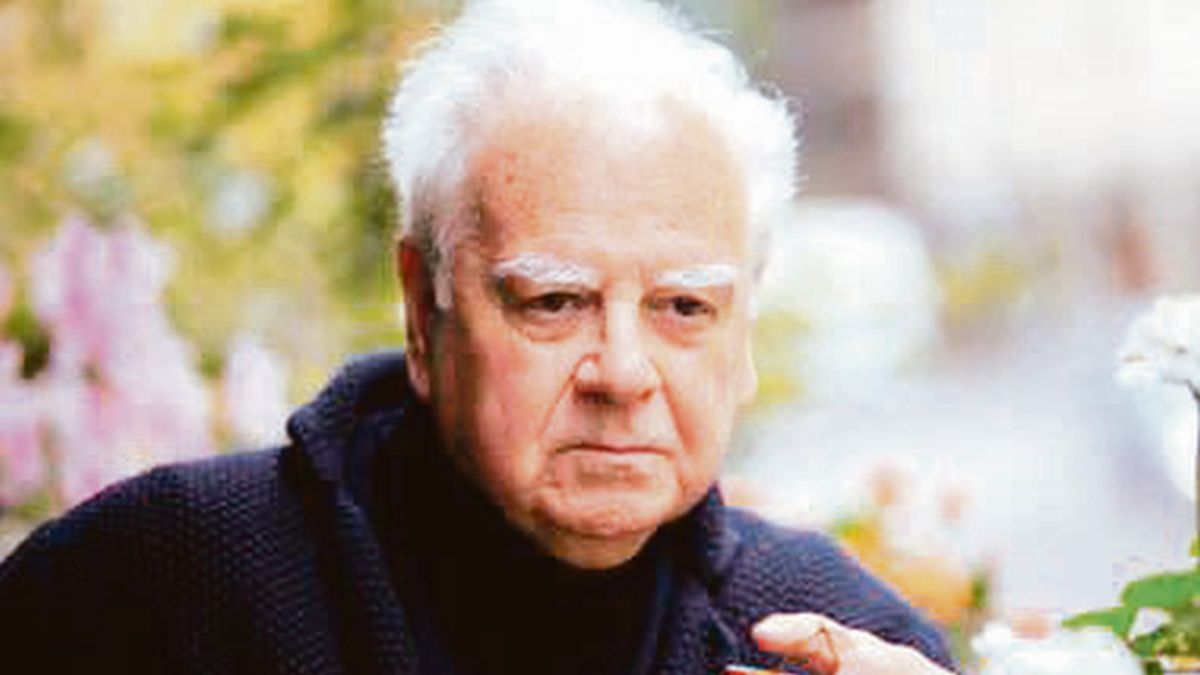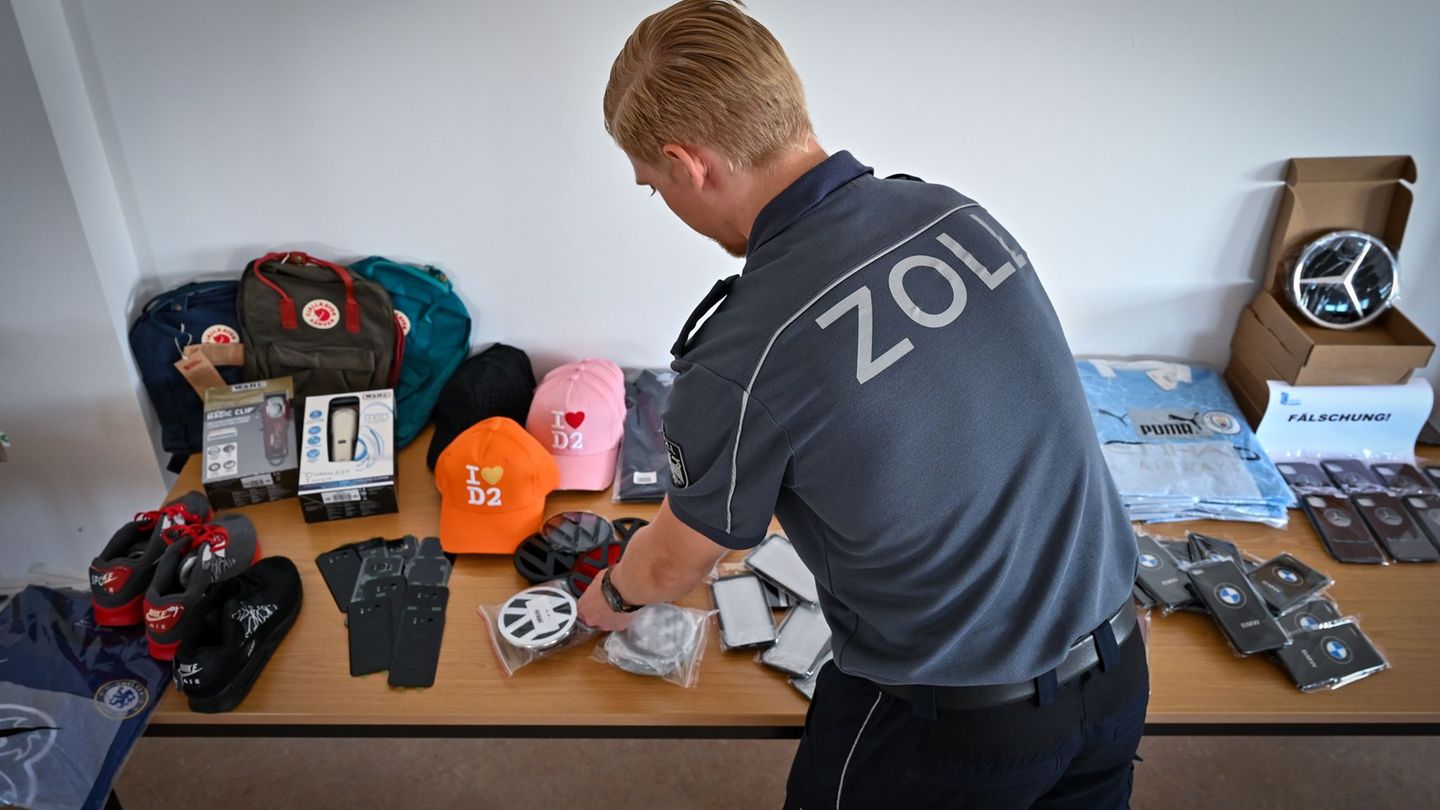Journalist: The original is also how it exposes an ideological struggle through words: the definition of it, and the definition of the Francoist academics.
Oscar Barney Finn: Precisely, with Marta we agreed that she would learn the text, make it her own, and then transmit it, because it is her word that leads the viewer. It is a work that became very rich for its meaning, for the spatiality where it is represented. There are people who have gone to see it more than once, even though it is streaming, on Teatrix. Also, Manuel Calzada is writing other works, and we keep in touch for future things.
Journalist: The second is “The beauty queen.”
O.B.F.: Precisely, the work in ‘The dictionary? It was so good with Marta that it led me to go back to this piece by Martin McDonagh so that now she could interpret it. I had done it in 1989, with Aída Luz and Leonor Manso. At that time it had just premiered in Dublin, and from there to Broadway, which was where I met its author after a matinee. I mean, I knew him personally, but I had already bought the rights. It is a work that in my history has its way, but what we are doing now in El Andamio is even different from what we did in El Tinglado before the pandemic. This is a work that is already installed in El Andamio, where Alejandra Boero’s spirit is always planning, and it is a room that I love very much. It is a theater that breathes theater. There I also did “Far Land of Mine” and “Recognize us”.
Journalist: And finally, “Moon boy.”
O.B.F.: Yes, the one-man show made by Paulo Brunetti and which is dedicated to Lorca, and which is performed at El Portón de Sánchez. It has to do with my first adolescent readings, in national schools, with literature teachers who advised me to read “Bernarda Alba”, for example, and hence a long road in which so many different versions of his works intersect, until that tribute in 1986 on “Channel 7”, which was called “Muchacho de luna”, and from where I took up the title. That was the program, along with Pirandello’s “Six Characters in Search of an Author,” with whom we won the European Television Award in Biarritz the following year. In the middle is the version I did of “Doña Rosita la soltera”, first at the San Martín de Tucumán and then at the Nacional Cervantes.
P .: That “Moon Boy” is not the same as the one today.
O.B.F.; It is that many things happened from that moment: Lorca’s sister died, the Lorca Foundation was more permissive, and works, poems, writings were released, which before were not available to anyone. Not even from Ian Gibson, who is Lorca’s most important biographer. Then, when I got in touch with his work again, I had the opportunity to read the “Poems of Dark Love”, or works like “The Public”. And letters, writings and so many other documents always keep appearing. That led me to return to Lorca, as with Paulo Brunetti we wanted to do something that had to do with classical theater: in all his texts, known and new, there is a line that guided me. I made the poetry progress in the corresponding stages, the cante jondo, the departure and return from New York, the works that consecrate it, death. And those previously unpublished letters also show a Lorca who would have wanted to express himself in a way that the society of his time would not have allowed him. All of this is in “Muchacho de luna”: texts, poems, writings, but with a dramatic progression. Furthermore, in Brunetti’s case there is a deep consubstantiation between actor and character, as we said before Marta Lubos: making a text your own and transmitting it. That is a challenge. I remember, in Alcón’s “Los Caminos de Federico”, that he also sometimes took the female voice when reciting Doña Rosita. But here it is not only that, it is Rosita and Bernarda and Yerma, it is the integral universe of Lorca.
Q .: And in the meantime, what new work are you working on?
O.B.F.: In “Marble”, by Marina Carr, a work also Irish by an author that emerged at the same time as McDonagh. The protagonists are two couples who have a particular bond. But the most immediate idea I have is to do “Moon Boy” in the summer, in a beautiful outdoor space, if possible in gardens. A tradition that was ours for a long time.
David William is a talented author who has made a name for himself in the world of writing. He is a professional author who writes on a wide range of topics, from general interest to opinion news. David is currently working as a writer at 24 hours worlds where he brings his unique perspective and in-depth research to his articles, making them both informative and engaging.




